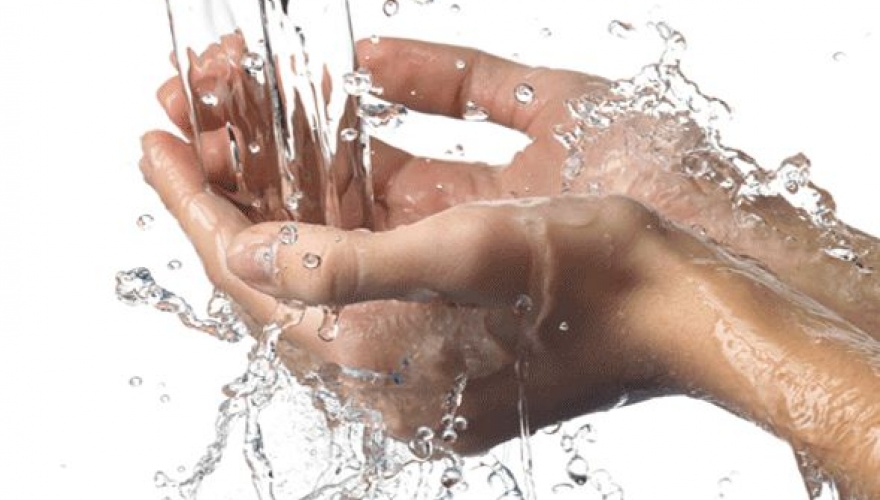The National Human Rights Commission (NHRC) has said that lack of access to clean water impacts on the well-being and human rights of citizens.
The Executive Secretary of the commission, Tony Ojukwu Esq, who stated this during a stakeholders webiner meeting on access to clean water and sanitation in Abuja, said no responsible government could afford to play politics with such essential commodity.
- Water Board, KEDCO trade blames as water scarcity bites harder in Kano
- Kogi community cries out for water, others
He noted that the stakeholders’ meeting was aimed at strengthening and reinforcing the right to clean water and sanitation in Nigeria, through collaboration with the commission.
“Our engagement today is to start the process of continuous creation of awareness about the citizen’s right to clean water and sanitation” he said.
“We are all aware there is a nexus between clean water and sanitation.
“The lack of clean water and sanitation impacts on the wellness and wellbeing of citizens.
“This situation needs to be urgently addressed, especially in the wake of the COVID 19 pandemic which necessitates good practices relating to the use of clean water sanitation and general hygiene,” he noted.
In his remarks, the Head of monitoring department of the commission, Mr. Benedict Agu, reiterated the need to continue to involve community gate keepers – (traditional rulers, religious leaders, CSOs, LGAs), concerned MDAs and international development partners in the creation of awareness for improved (WASH) policies, guidelines and strategies in order to mainstream human rights norms and tenets into Nigeria’s water resource and sanitation management.
In his presentation, Dr. Bala Yusuf Yunusa from the Office of the Senior Special Assistant to the President on Sustainable Development Goals (SDDs), stated that the Nigerian government had demonstrated strong commitment towards the 2030 Agenda for sustainable development and the SDG, pointing out that institutional frameworks have been established at the national and sub-national levels to support effective implementation of the SDGs.
The SDGs, he noted, cannot be achieved with stand-alone programmes and project rather, must be carefully integrated into national and sub-national policies and development plans.
According to him, “within the framework of SDG-6, we have a universal commitment and support to provide clean water and sanitation for humanity.”

 Join Daily Trust WhatsApp Community For Quick Access To News and Happenings Around You.
Join Daily Trust WhatsApp Community For Quick Access To News and Happenings Around You.


